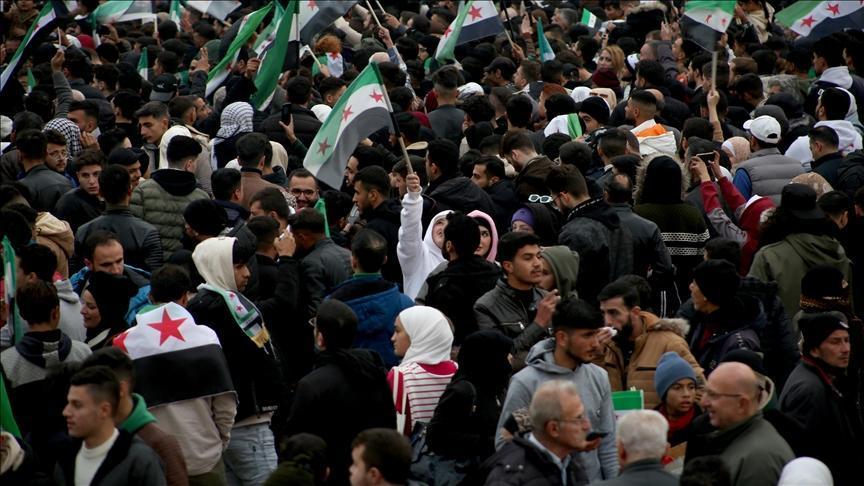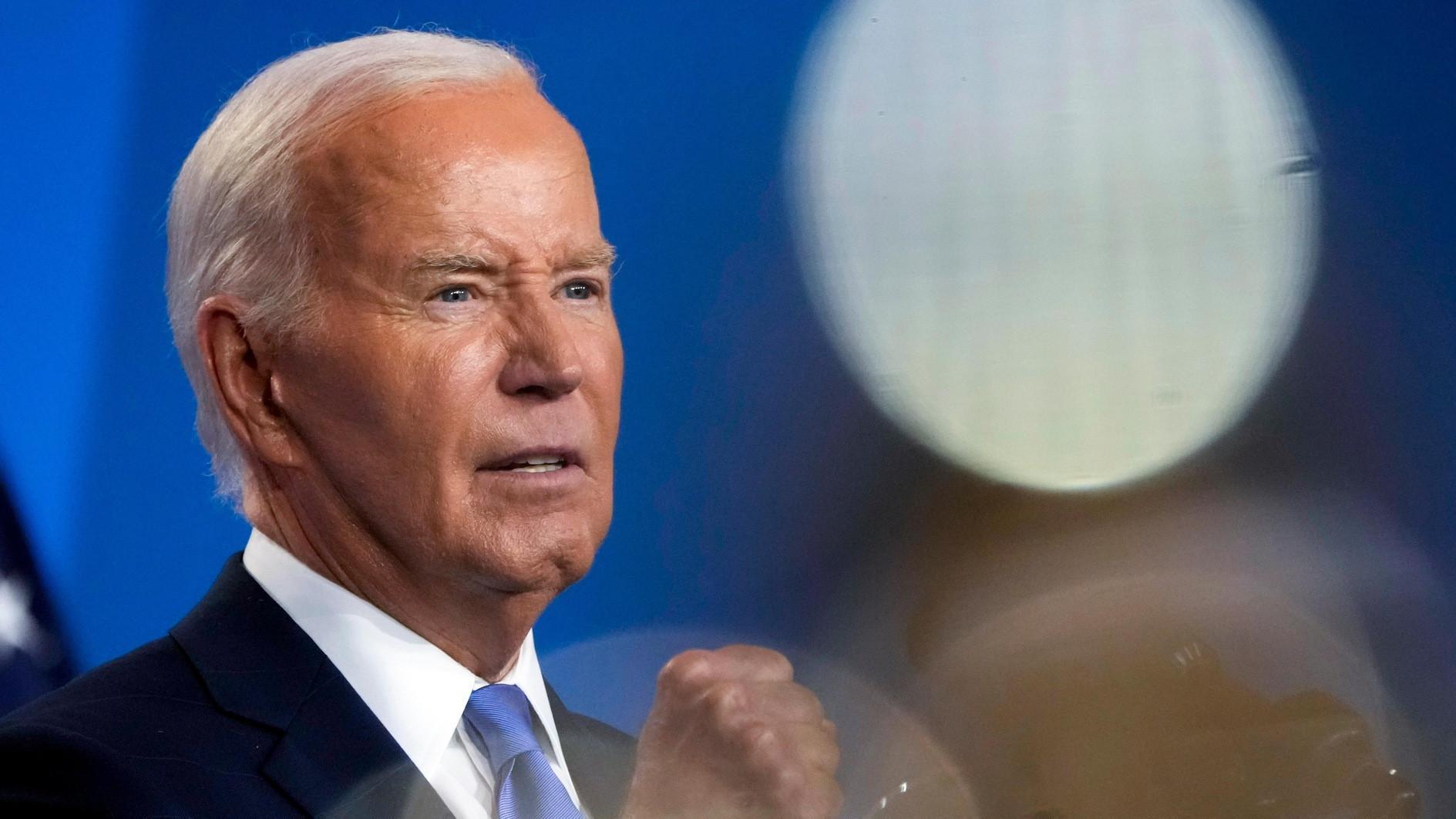Turkey’s Kurdish bid gets an ISIL makeover
Nuray Babacan Ankara

A Turkish military vehicle stands next to the Turkish-Syrian border as Kurdish Syrian refugees gather at the border fence, near the southeastern town of Suruç in Sanliurfa province, Sept. 25. REUTERS Photo / Murad Sezer
The Turkish government has decided to revise its road map in the process to solve the long-running Kurdish problem amid the ongoing regional strife on the country’s southern borders.One of the key recent causes prompting the revision is the recent postponement of the outlawed Kurdistan Workers’ Party’s (PKK) “farewell to arms” for its militants in Iraq, until the threat posed by the Islamic State of Iraq and the Levant (ISIL) is over.
Touching on the changes, an official from the ruling Justice and Development Party (AKP) told Hürriyet that the solution process should be seen as a “living organism.” The official said ISIL’s offensive toward Turkey’s border with Syria and its attacks on Kurdish villages, which have triggered a mass exodus of locals, also led Ankara to update the Kurdish bid road map.
As a result, a number of chapters in the negotiations with the PKK and its headquarters in the Kandil Mountains of northern Iraq have been postponed until after ISIL is no longer a threat to Turkey or the region, the official said. These postponed chapters include steps regarding the disarmament of militants and their return to Turkey.
During the latest meetings on the subject, chaired by Prime Minister Ahmet Davutoğlu, the new priority in the peace process was identified as “activities inside Turkey.” The new roadmap is expected to be announced to the public in November.
“There are two important blocks. The first is the upcoming general elections and the second is the ISIL problem. The regional conjuncture naturally changes the steps we take,” the official told Hürriyet.
‘Public order not an alternative to the peace process’
One of the legal reforms discussed during the government’s peace process meetings will, if approved, allow PKK members who did not participate in violent activities to return to Turkey freely.
“At a time when 150,000-200,000 Syrians are being pushed to our border, our priority is to solve this problem. We can make simultaneous decisions, but preserving public order cannot be suggested as an alternative to the solution process,” the official added.
Another subject in the peace process meetings was the recent tension over the boycotting of Turkish language-dominated public schools in the predominantly Kurdish-speaking southeastern provinces. The authorities believe that the number of boycotters has decreased since the peace process was launched almost two years ago, and the recent attempts to open Kurdish-only private schools in three southeastern provinces are merely an attempt to revitalize the boycott campaign.
















